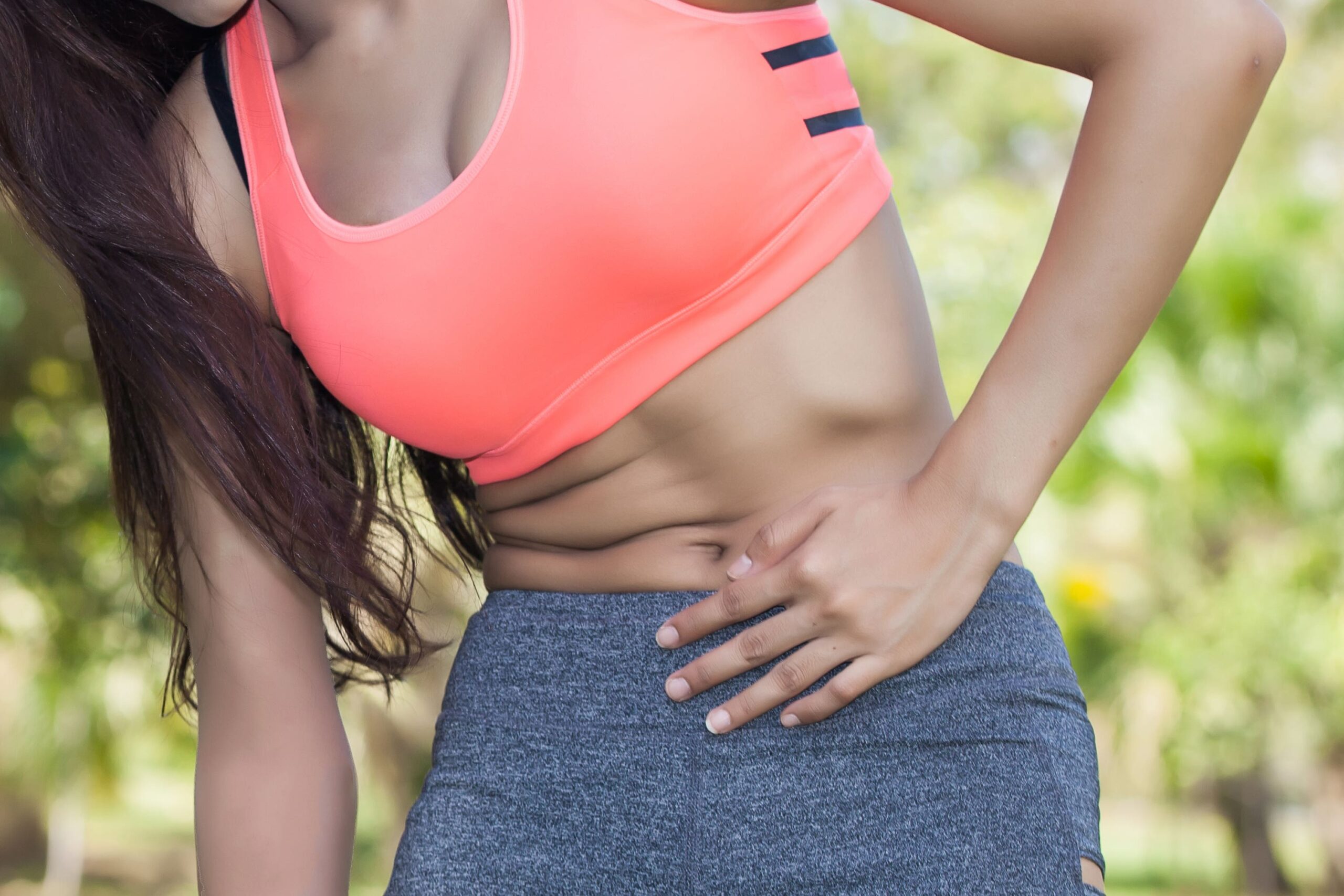Anyone who has a menstrual cycle will be well aware of how it can affect you over the course of a month.
At some points you feel upbeat and energetic, but at others all you want to do is lie in bed and eat chocolate.
Serious period pains can prevent you from working out, but other than this what’s the potential impact of your menstrual cycle on your exercise schedule?
We asked the experts.
Exercise might help your cycle
Dr Vanessa Mackay, consultant gynaecologist and spokesperson for the Royal College of Obstetricians and Gynaecologists, says: “Women may not feel like exercising during a painful period, but keeping active can help relieve pain and discomfort.
Women are encouraged to try low impact exercises such as swimming, walking or cycling.”
Even if your pains are terrible and you don’t want to move, you might be tempted into some light exercise just to try and alleviate them.

Not only this, but exercise can help regulate your period. “If women are stressed, their menstrual cycle can become longer or shorter, their periods may stop altogether, or they might become more painful,” Mackay explains.
“Regular exercise, such as running, swimming and yoga, can help women to relax.”
However, you shouldn’t go overboard – excessive exercise coupled with weightloss can put so much strain on your body that you stop having a period at all.
There might be an optimal time for strength training
Female health app Clue has done some research into when it’s best to lift weights at the gym.
It compared the follicular phase (the time from your period to ovulation) and the luteal phase (from ovulation to your period) and found that you were more likely to build muscle in the follicular phase.
This isn’t to say you shouldn’t do any strength training during the luteal phase, but you might not see as much progress. During this time your body temperature also tends to rise due to spikes in progesterone, which could very well affect your endurance and you might find it harder to exercise at your normal level.
Not all periods are created equal

Professor Toby Richards of The Iron Clinic warns that one in five women have heavy periods, which he says is “defined as two of the following symptoms; the need to double protect, change protection every two hours or more than 12 times in a cycle, having to get up at night, passage of clots or fear of accidents.”
This is “just as common in elite athletes as a park runner,” he explains.
As such, women with heavy periods need to be more careful with exercise because they could be suffering from blood loss of over one litre a year, and are in danger of iron deficiency.
Richards says: “Low iron levels can lead to poor mental and physical performance and in many can go unnoticed.
Iron deficiency can lead to exhaustion and fatigue as well as muscle cramps, restless legs and overall reduced exercise performance by 5-10%.”
If you want to maintain your performance – whether you’re pro or not – many women will have to analyse their iron levels and perhaps change their diet accordingly.
Richards says: “Women are more likely to be vegetarian and so need to be careful with their diet ensuring a meal rich in soya, pulses, lentils or cereals to get a good iron intake.”
The bottom line
You definitely don’t need to adjust your workout for the time of the month – whenever you want to exercise is brilliant, and it’s also fine if you feel like taking the day off.
It’s just good to be aware of how your fluctuations in hormones can affect your mood and performance over your cycle.
Unfortunately, for such a big topic very little research has actually been done.
Richards says: “The data is really poor and there is little scientific evidence to support specific recommendations for how best to exercise during your cycle.
There is a huge need to look at women’s health in sport for good structured scientific advice.”
Check in with your mood and energy levels over the course of a month and note them down against your workout plan, and hopefully you’ll soon be able to see a pattern emerge and become more in tune with your body.
